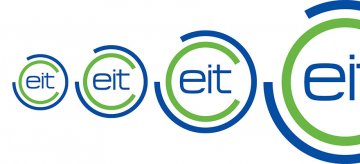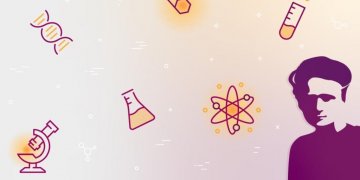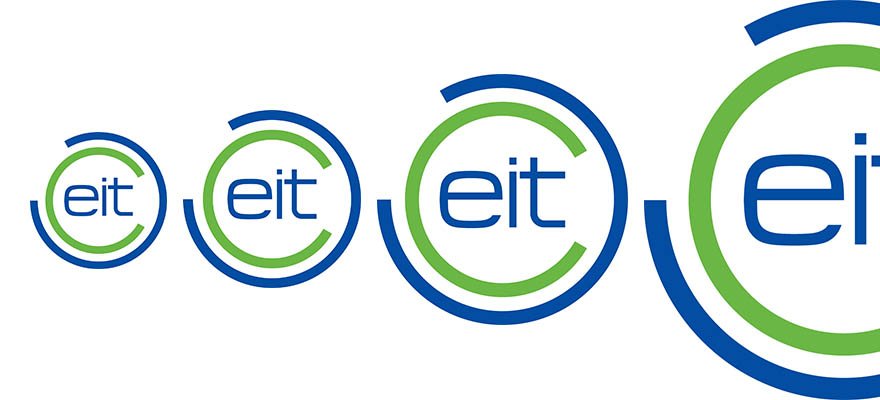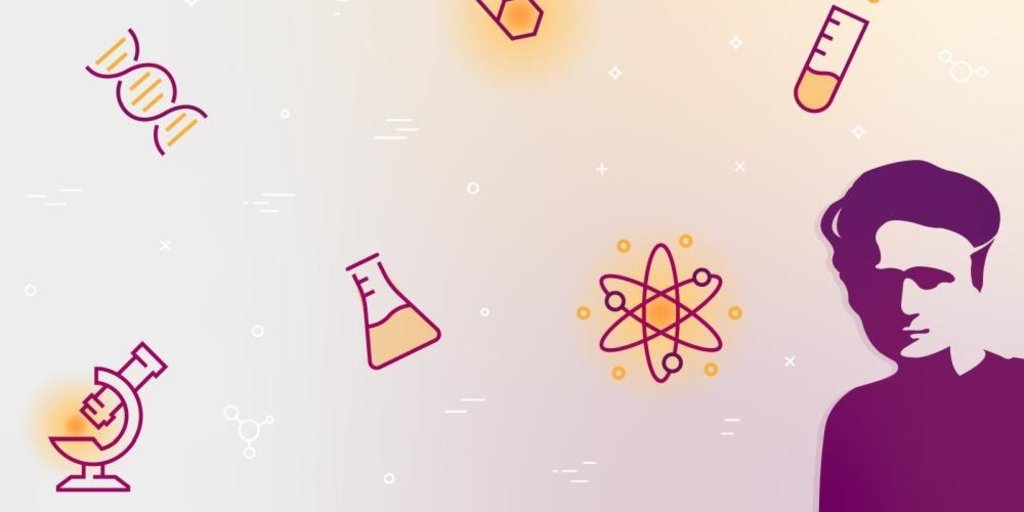New guide presents synergies between EIT and MSCA
Synergies between the two programs are intended to strengthen the link between research, innovation and education.
The newly published guide provides an overview of the different types of actions under the respective programmes and gives examples of how stakeholders involved in one programme could benefit from actions under the other. Both schemes - MSCA and EIT bring together a wide range of stakeholders from the knowledge triangle.
The MSCA scheme, which exists since 1996 provides support for research and innovation, as well as the training and career development of researchers, in all fields of scientific research, through different actions on the basis of annual calls for applications.Durin the previous programming period, the MSCA have supported over 65,000 researchers at all stages of their career, including 25,000 PhD candidates in more than 1000 doctoral programmes. It has also supported over 4800 companies, including SMEs.
The European Institute of Innovation and Technology (EIT) was established in 2008 in order to contribute to sustainable economic growth and competitiveness by reinforcing the innovation capacity of the European Union and its Member States. With a strong emphasis on entrepreneurial talent, business creation and innovation skills, the EIT fosters the integration of ‘knowledge triangle’ into innovation ecosystems. The EIT operates mainly through the so-called Knowledge and Innovation Communities (KICs) – EIT Digital, EIT Food, EIT Health, EIT Climate-KIC, EIT Urban Mobility, EIT Manufacturing, EIT RawMaterial and EIT InnoEnergy. A new KIC focusing on Cultural and Creative Sectors and Industries has been designated in June 2022 and will become fully operational as of 2024.
Organisations can participate in different MSCA projects and EIT and EIT KICs activities, as long as there is no double funding and participants fulfil the requirements linked to the different actions.
Examples of possible synergies are:
- MSCA, EIT and EIT KICs education activities
- KICs’ partner organisations could apply for MSCA funding to develop doctoral or postdoctoral programmes, under MSCA COFUND or MSCA Doctoral Networks
- MSCA researchers could participate in some of the professional courses offered by the KICs to develop knowledge and skills in entrepreneurship, leadership and innovation
- Organisations already collaborating in MSCA projects could participate together with EIT KIC partners in the EIT HEI Initiative
- EIT alumni wishing to pursue a career in research can apply for PhD position in MSCA Doctoral Networks and COFUND, or postdoctoral positions in MSCA Postdoctoral Fellowships and COFUND
- Short staff and student mobility
- KICs’ partner organisations could set up complementary exchange projects under MSCA Staff Exchanges, with partners from within their community and beyond
- Optional secondments under the MSCA
- Under MSCA Postdoctoral Fellowships, Doctoral Networks and COFUND, it is possible to send recruited researchers on short-term secondments worldwide. Moreover, in the future a new scheme for innovation interns should be launched
- MSCA Postdoctoral Fellowships’ non-academic placements
- MSCA Postdoctoral Fellowships offer the possibility to add a period of up to six months at the end of the project to support researchers seeking a placement to work on R&I projects in an organisation from the non-academic sector
- EIT KICs’ entrepreneurship and innovation activitiess
- The EIT KICs offer a wide range of services aimed primarily at their partners, but which can also be open to individuals, including MSCA researchers looking into deploying a new idea, product or service
- Dissemination, communication and events
- KICs’ partner organisations can submit a proposal to organise a European Researchers’ Night, which includes as from 2022 Researchers at Schools activities. In turn, individual MSCA and EIT researchers can propose activities for selected European Researchers’ Night events, including Researchers at Schools activities



